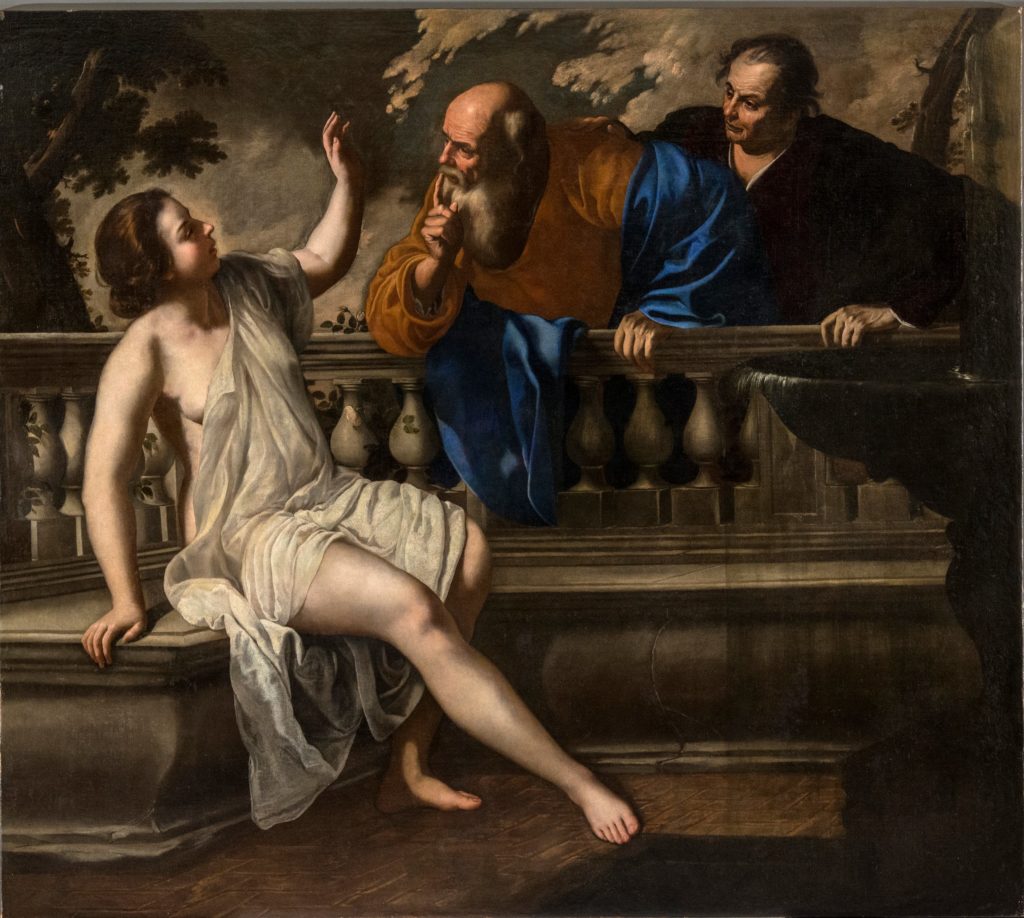This post contains extracts from proto-mysteries, predating Edgar Alan Poe’s Auguste Dupin stories, which popularized the genre. For an analysis of some of these sources (“The Three Princes of Serendip” and Zadig), tied into a history of story-telling and reading, see my essay “The Reading of Mystery and the Mystery of Reading.”
Susanna and the Elders

The Book of Daniel, Chapter 13
As the story goes, a fair Hebrew wife named Susanna was falsely accused by lecherous voyeurs. As she bathes in her garden, having sent her attendants away, two lustful elders secretly observe the lovely Susanna. When she makes her way back to her house, they accost her, threatening to claim that she was meeting a young man in the garden unless she agrees to have sex with them.
Continue reading “Protomysteries: Precursors of Detective Fiction”